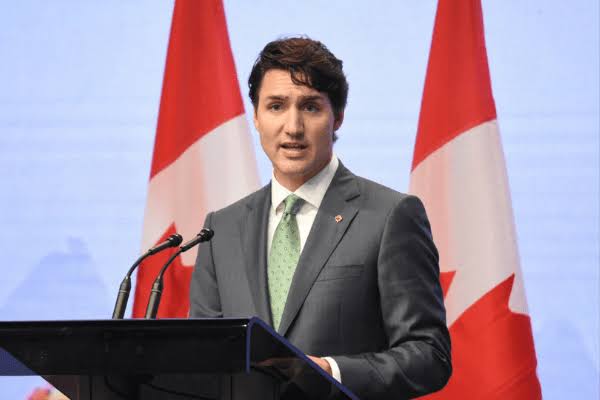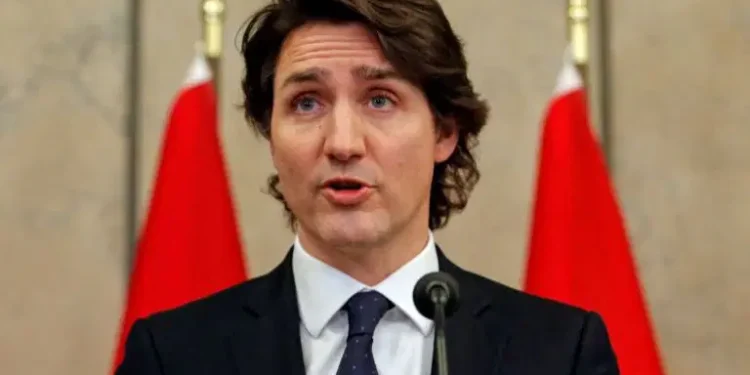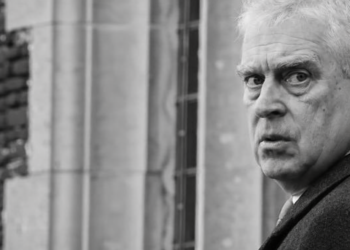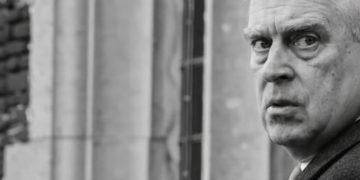Canadian Prime Minister Justin Trudeau is under mounting pressure after Finance Minister Chrystia Freeland’s abrupt resignation, citing a policy clash and criticizing Trudeau’s leadership. The move has intensified internal dissent within the ruling Liberal Party, already struggling with poor poll numbers and a recent by-election defeat.
Why It Matters:
The Liberals’ discontent comes as polls show the Conservatives commanding 43% public support, far ahead of the Liberals at 23%. If an election were held today, the Conservatives would likely win a decisive majority. The crisis also raises doubts about Trudeau’s ability to lead the party into the next election, due by October 2025, amid rising criticism from lawmakers and media allies like the Toronto Star.

Mounting Challenges for Trudeau
1. Freeland’s Resignation: The former finance minister’s departure signals deep divisions within Trudeau’s cabinet.
2. By-Election Loss: A crushing defeat in British Columbia, where the Conservatives secured 66% of the vote, highlights the party’s declining support.
3. Internal Dissent: Liberal MP Wayne Long publicly called Trudeau “delusional,” reflecting growing frustration among parliamentarians.
4. Polling Woes: The opposition Conservatives hold a commanding lead, with smaller parties like the New Democrats gaining ground.
Trudeau’s Position
While Trudeau cannot be ousted without a non-confidence vote—unlikely before Parliament reconvenes on January 27—his leadership is increasingly under scrutiny. Public dissent from MPs and editorial pressure signal a potential leadership challenge if party fortunes do not improve.
Bottom Line:
Trudeau faces one of his toughest political crises since taking office in 2015. With plummeting poll numbers, cabinet fractures, and rising calls for new leadership, his ability to lead the Liberals into the next election is in serious doubt.

















